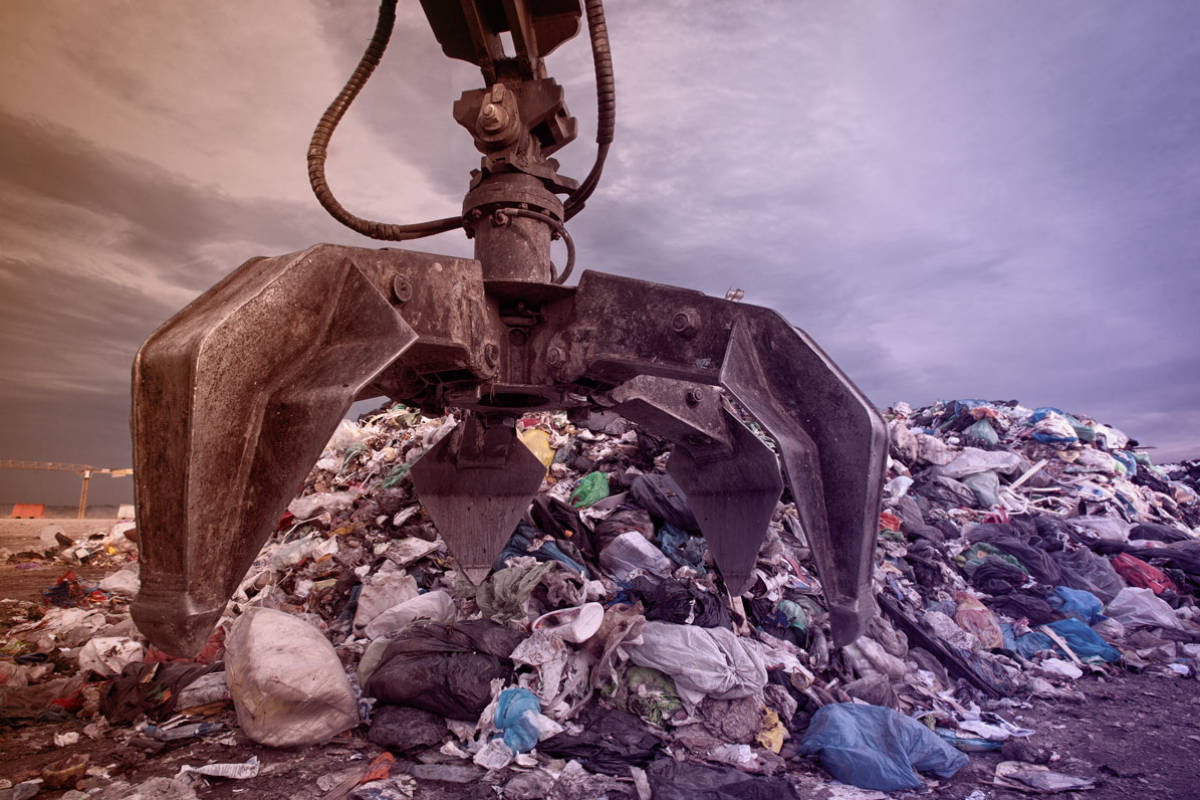Waste Management Industry

Waste Management is the process of reducing the polluting potential of waste as well as its volume. It involves treating solid and liquid waste streams and also provides opportunities for recycling items that can be reused or repurposed eg recovering lead from batteries, taking aluminium cans and returning them back into the aluminium processing industry.
Waste streams can come from domestic and industrial sources. Industrial sources tend to be better segregated but the risks from corrosive chemicals can be higher due the concentrations of chemicals used in industry.
The main processes used in waste management are:
Recovery and recycling
Incineration
Landfill
Composting
Waste to Energy
Hazardous Waste Dipsosal
Recycling and Recovery
Defined processes will be used for the recovery of the required elements from the waste stream. Chemicals may be involved to clean the waste stream and extract metals or other resources. These processes will generally include corrosive chemicals mainly in the form of acids and alkalis.
Hazardous Waste
The chemical risks here are fairly evident and arise mainly from the waste stream. Processes where potential contamination risks can occur are during transportation, decanting and product treatment. Contaminated packaging can also pose a risk. Risks can be minimised by appropriate Safe Systems of Work and correct PPE however effective decontamination and first aid must be available in case of accident or error.
In addition to specific risks due to the waste streams on site on site, there will be those associated with general site and facilities management - for example cleaning processes and effluent management. These are likely to include sodium hydroxide and sulphuric acid.
Additional Reading:
